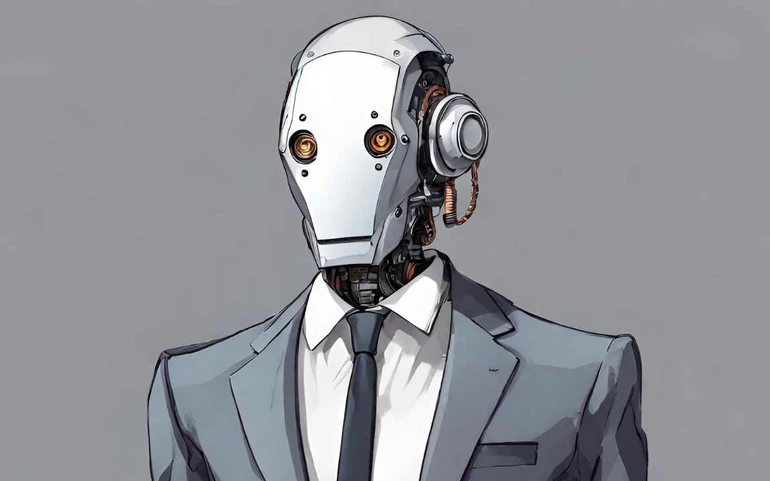
According to a recent report by Goldman Sachs there is a risk of 300 million full-time jobs at risk to AI.
The AI experts at AI Product Reviews examined the jobs that are most at risk of being replaced or streamlined by the rise of AI. Their analyst team looked at the amount of AI tools by category and their potential for job replacement. Below is the list of the most-at-risk jobs and suggestions for people in these careers on how they can adapt.
Copywriters
Why They're at Risk: AI copywriting tools are reshaping content creation, offering speed and precision unmatched by human writers. These algorithms craft tailored content at an unprecedented pace, merging data insights with linguistic artistry.
The Adaptation: Copywriters can adapt to AI's rise by using AI to turbo-charge their writing process and adding in human creativity. Despite AI's efficiency, its occasional "hallucinations" or errors highlight the ongoing need for human touch in content strategizing and audience engagement.
Customer Service Representatives
Why They're at Risk: AI-driven chatbots and virtual assistants offer immediate, accurate, and personalized responses. With the capacity to process and analyze vast amounts of data, AI can deliver a level of customer service customization and efficiency that is virtually impossible for human workers to match.
The Adaptation: Dive into tech fields like AI ethics and human-machine interaction design to ensure technology serves humanity effectively and ethically.
Data Entry
Why They're at Risk: The role of data entry is highly repetitive and rule-based. AI algorithms can not only perform these tasks at unprecedented speeds but also eliminate human errors, ensuring higher accuracy and efficiency. The rapid processing capabilities of AI make it a cost-effective alternative for businesses.
The Adaptation: Delve into data science or AI programming to turn raw data into actionable insights for businesses.
Retail Workers
Why They're at Risk: AI is transforming the retail landscape with self-service kiosks and online AI assistants, reducing the need for human personnel. AI systems can manage inventories, process payments, and provide personalized shopping experiences more efficiently, handling large volumes of transactions and interactions that would be overwhelming for human workers.
The Adaptation: Upskilling in e-commerce management, digital marketing, or data analytics can open new career doors.
Manufacturing Workers
Why They're at Risk: Manufacturing jobs, especially those involving repetitive and predictable tasks, are highly susceptible to automation. AI-powered machines can work 24/7, eliminating human errors and increasing productivity. This sector has long been integrating technology into its processes, making it one of the first to witness widespread job replacement.
The Adaptation: Focus on acquiring skills in AI management, monitoring, and maintenance to ensure these automated systems work seamlessly.

